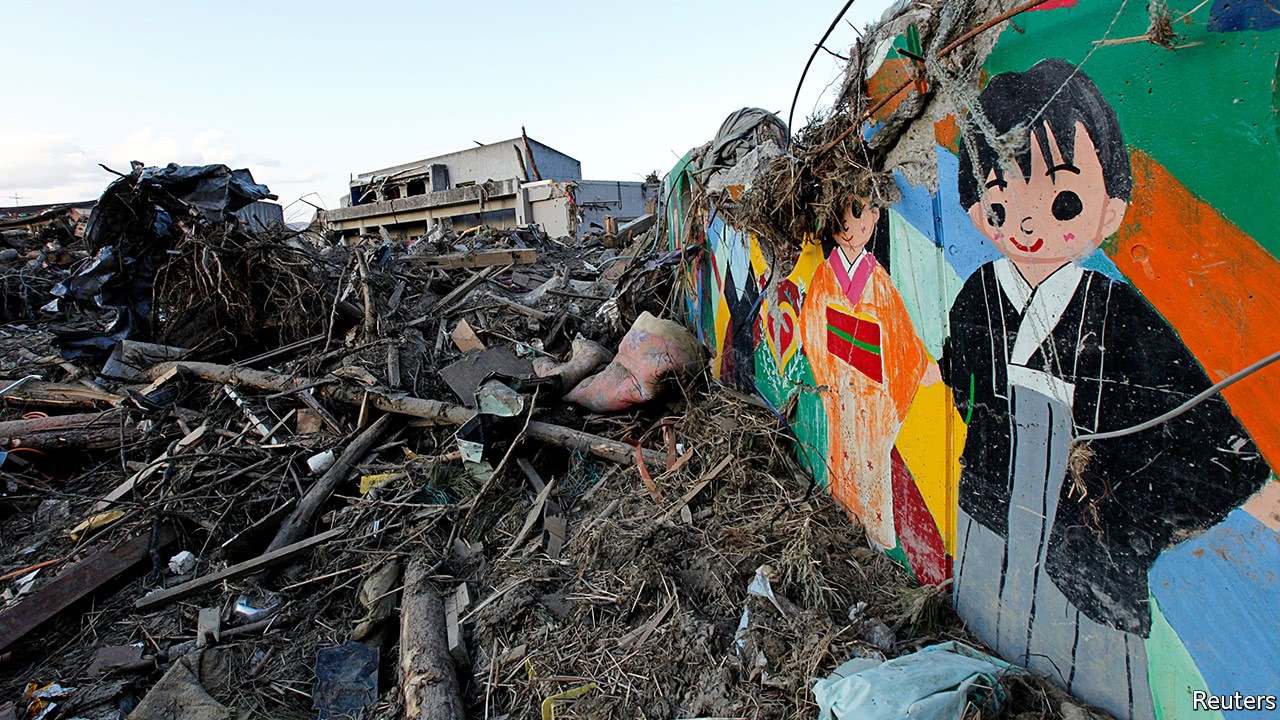
REA Newsletter Editor: Sheuwen Chuang. Article by Satoru NISHIKAWA
Professor, Disaster Mitigation Research Center, Nagoya University
How can we save our livelihoods? How can we minimize economic damage by disasters? We need to involve the business sector in disaster reduction activities! This was the point I raised, back in 1991, as the main author of the annual Japanese government white paper on disaster countermeasures. In early 1990s, geophysical scientists have warned us on the possibility of a major earthquake to hit Tokyo in the near future. If that is to happen, the earthquake will not only destroy houses and kill people but will also damage offices & factories and disrupt supply chains. Even without physical damage, disruption of supply chains will itself bring economic damage. In 1991, this proposal was supported by only a limited number of major companies in Japan. However, with the experience of the 1995 Kobe earthquake, 1999 Chi-Chi earthquake which disrupted the global semi-conductor supply chain, and the 2001 WTC attack where major financial institutions demonstrated their business continuity immediately after the event, the necessity of business continuity planning against sudden disasters gained support among the Japanese business community. In 2004… Click to read the full story
